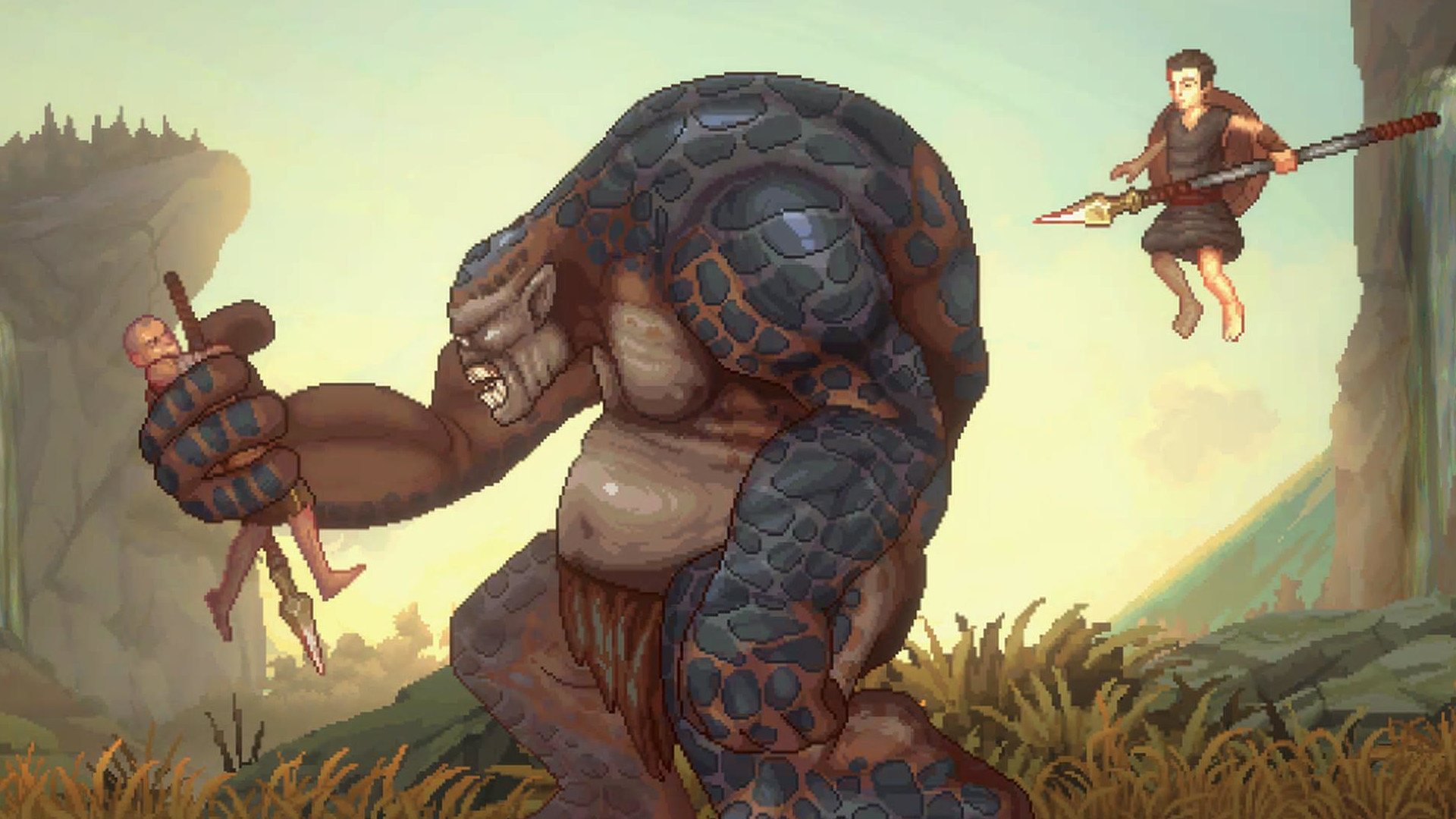8 years on, The Legend of Zelda: Breath of the Wild remains unlike any other open world game, and the industry is still playing catch up
Opinion | The Legend of Zelda: Breath of the Wild's shift to open world shook up the industry – making it one of the Nintendo Switch's definitive moments
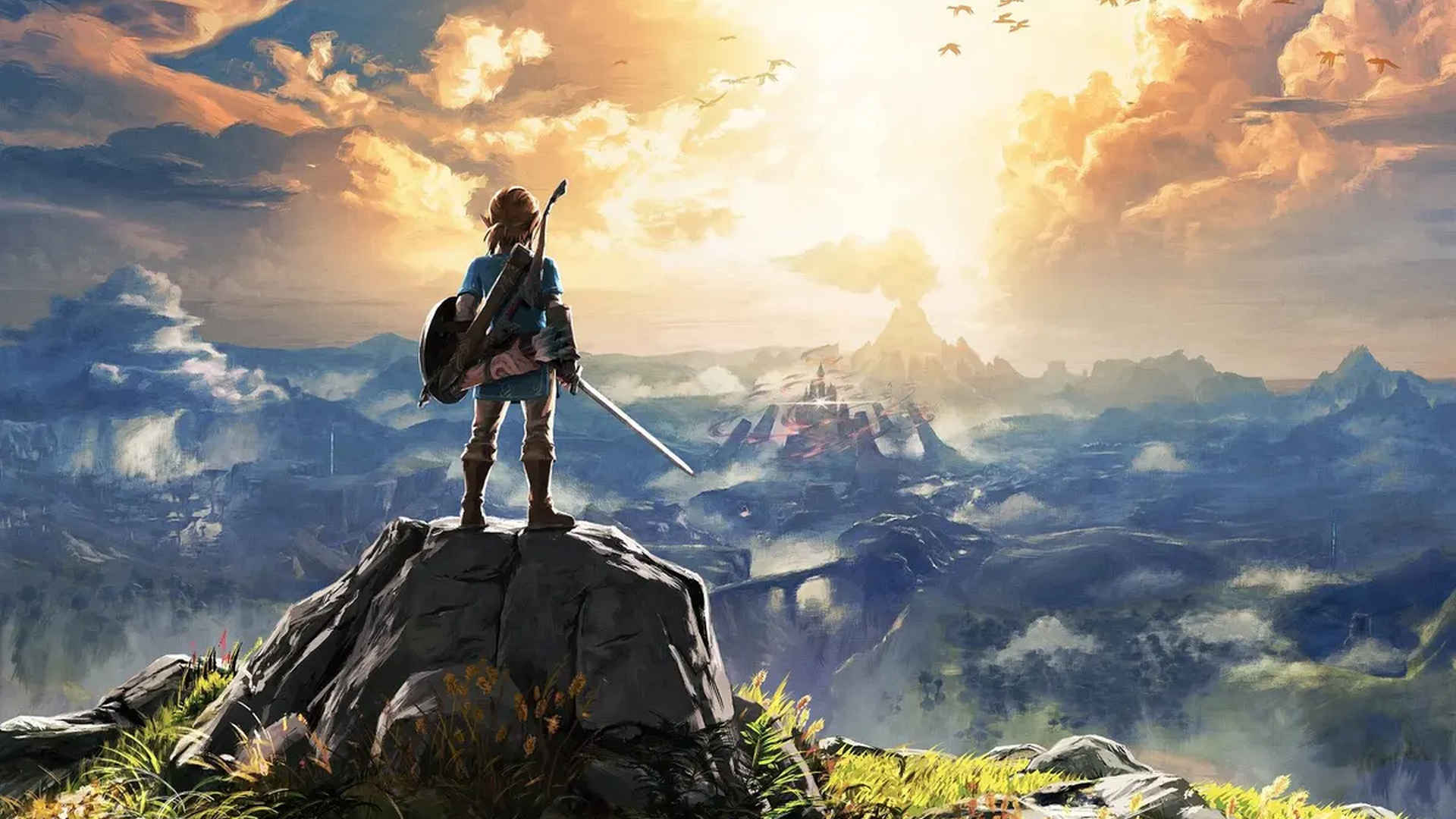
Weekly digests, tales from the communities you love, and more
You are now subscribed
Your newsletter sign-up was successful
Want to add more newsletters?

Every Friday
GamesRadar+
Your weekly update on everything you could ever want to know about the games you already love, games we know you're going to love in the near future, and tales from the communities that surround them.

Every Thursday
GTA 6 O'clock
Our special GTA 6 newsletter, with breaking news, insider info, and rumor analysis from the award-winning GTA 6 O'clock experts.

Every Friday
Knowledge
From the creators of Edge: A weekly videogame industry newsletter with analysis from expert writers, guidance from professionals, and insight into what's on the horizon.

Every Thursday
The Setup
Hardware nerds unite, sign up to our free tech newsletter for a weekly digest of the hottest new tech, the latest gadgets on the test bench, and much more.

Every Wednesday
Switch 2 Spotlight
Sign up to our new Switch 2 newsletter, where we bring you the latest talking points on Nintendo's new console each week, bring you up to date on the news, and recommend what games to play.

Every Saturday
The Watchlist
Subscribe for a weekly digest of the movie and TV news that matters, direct to your inbox. From first-look trailers, interviews, reviews and explainers, we've got you covered.

Once a month
SFX
Get sneak previews, exclusive competitions and details of special events each month!
The Legend of Zelda: Breath of the Wild opens with Link awakening in Hyrule. It's not a new scenario in a The Legend of Zelda game – plenty of instalments start with our sleepy protagonist venturing forth into the wider world. But as you exit the little cave that you slumbered in, you soon realize that this is not merely a retread of the franchise's greatest hits. Hyrule itself is a playground for the curious, and every new item and ability lends itself to imaginative action and problem solving.
Historically, every new Nintendo console, including the Nintendo Switch, has come with an unspoken disclaimer: This isn't as powerful as the hardware provided by rival companies. The Legend of Zelda: Breath of the Wild immediately refutes this reputation and has changed video games (especially when it comes to our definition of a good open world game) forever. Power is about what the player is able to bring to a game. Everything else is just window dressing.
Fresh air
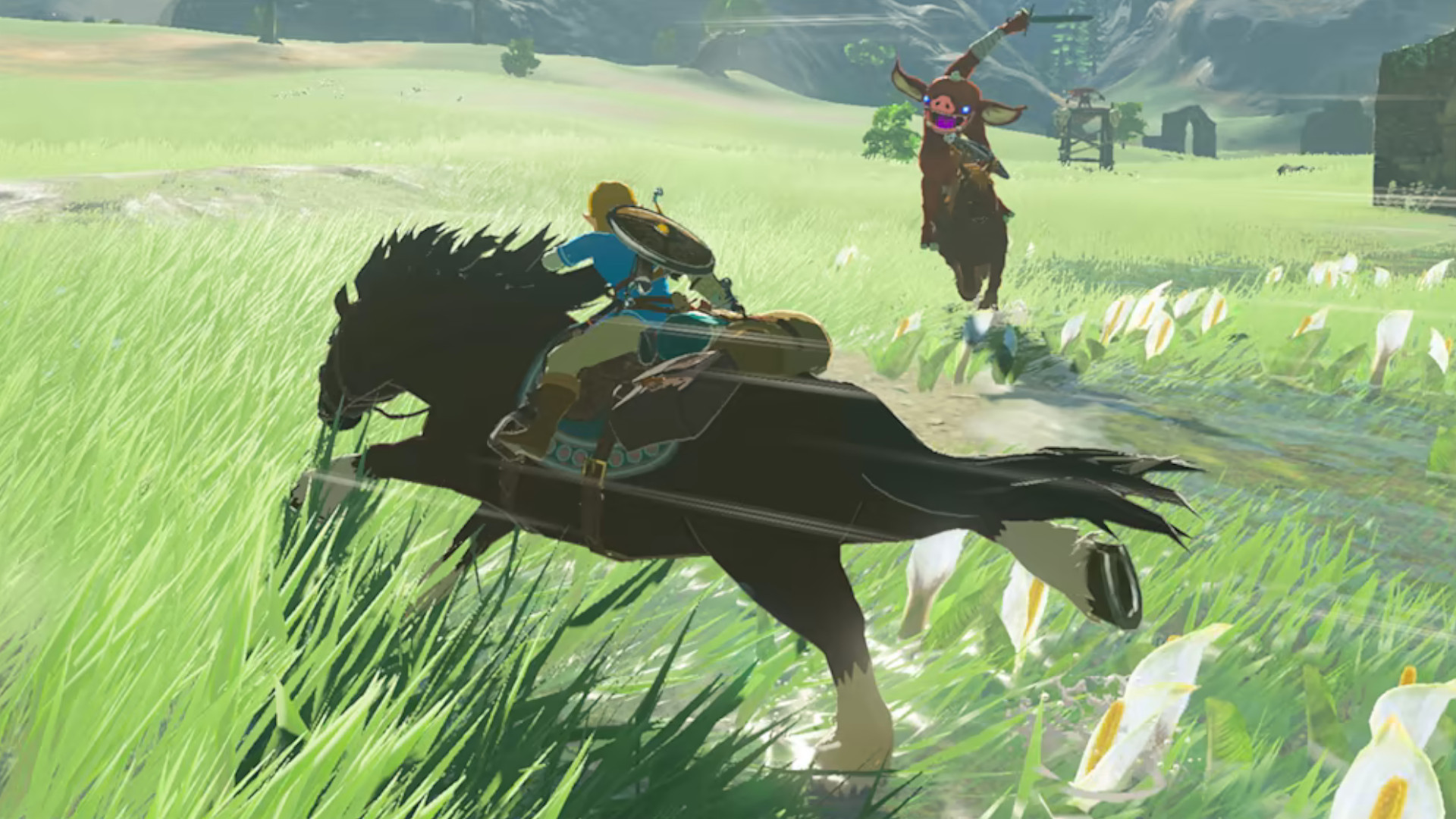
"A necessary shock to the open world genre"
When Breath of the Wild was released as a launch title for the Nintendo Switch on March 3, 2017, the acclaim and embrace were immediate. For around two decades, The Legend of Zelda: Ocarina of Time had been relatively cemented as the finest entry in the classic series (some also include The Legend of Zelda: A Link to the Past in that conversation and they're absolutely correct to).
Breath of the Wild broke up the rankings like a mousey Remote Bomb. The Legend of Zelda has always been a testament to the wonder of exploration – the "call of the wild" that lures you to remote places and asks that you test your mettle both within and against nature. Breath of the Wild felt like the apotheosis of this particular sensation.
It was also a necessary shock to the open world genre, something that had always thrived on size. Countless games have been sold on the promise of expansion and, to be fair, there is something to be said about how cool it is to watch a horizon get wider and wider. But it's also been an excuse for hollowness. You run, climb and ride through yet another stretch of digital plain on yet another version of a "fetch quest" and you think "What in the heck am I doing this for? This isn't more fun. This is just…more."
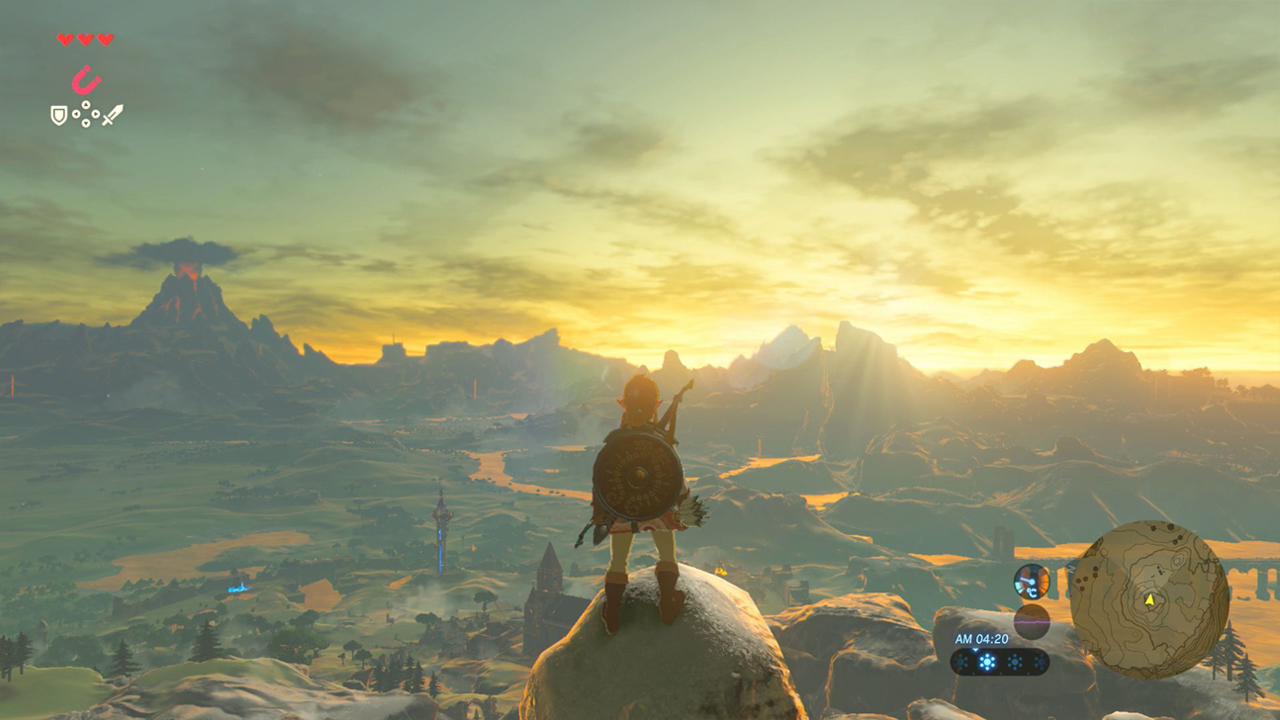
Breath of the Wild lays no claim to being the biggest game ever, but it rarely makes you contemplate your open world purpose. Mostly because there's no time to. Even when you're not trying to solve the puzzles in the latest shrine you just encountered or tackling a Divine Beast, you're constantly running into challenges – a new enclave of enemies, a new biome or climate to prepare for, a new bit of treasure that hangs just out of reach that requires, not some fix-all tool, but your own ingenuity.
Breath of the Wild even invites you to challenge yourself. Sure, you could run straight into a gaggle of monsters and swing your sword with abandon, but what if you used the environment around you to dismantle them? It would take longer, but would pay off in pure satisfaction.
Weekly digests, tales from the communities you love, and more
This kind of exhilarating gameplay did not go unnoticed by the video game industry at large. Not only did Nintendo eagerly capitalize on Breath of the Wild with a sequel, The Legend of Zelda: Tears of the Kingdom, that doubled down on its inventiveness, but other developers took note. Sucker Punch used Breath of the Wild as an aesthetic inspiration for Ghost of Tsushima. When directing Elden Ring, Hidetaka Miyazaki took Breath of the Wild, alongside a few other outstanding open world games, as an influence. When Outcast returned with Outcast: A New Beginning, it sought to recapture some of Breath of the Wild's delightful aspects. Even first person shooter Halo: Infinite, yes really, initially sought to replicate Breath of the Wild, before cutting back on its lofty ambitions.
Catching feelings
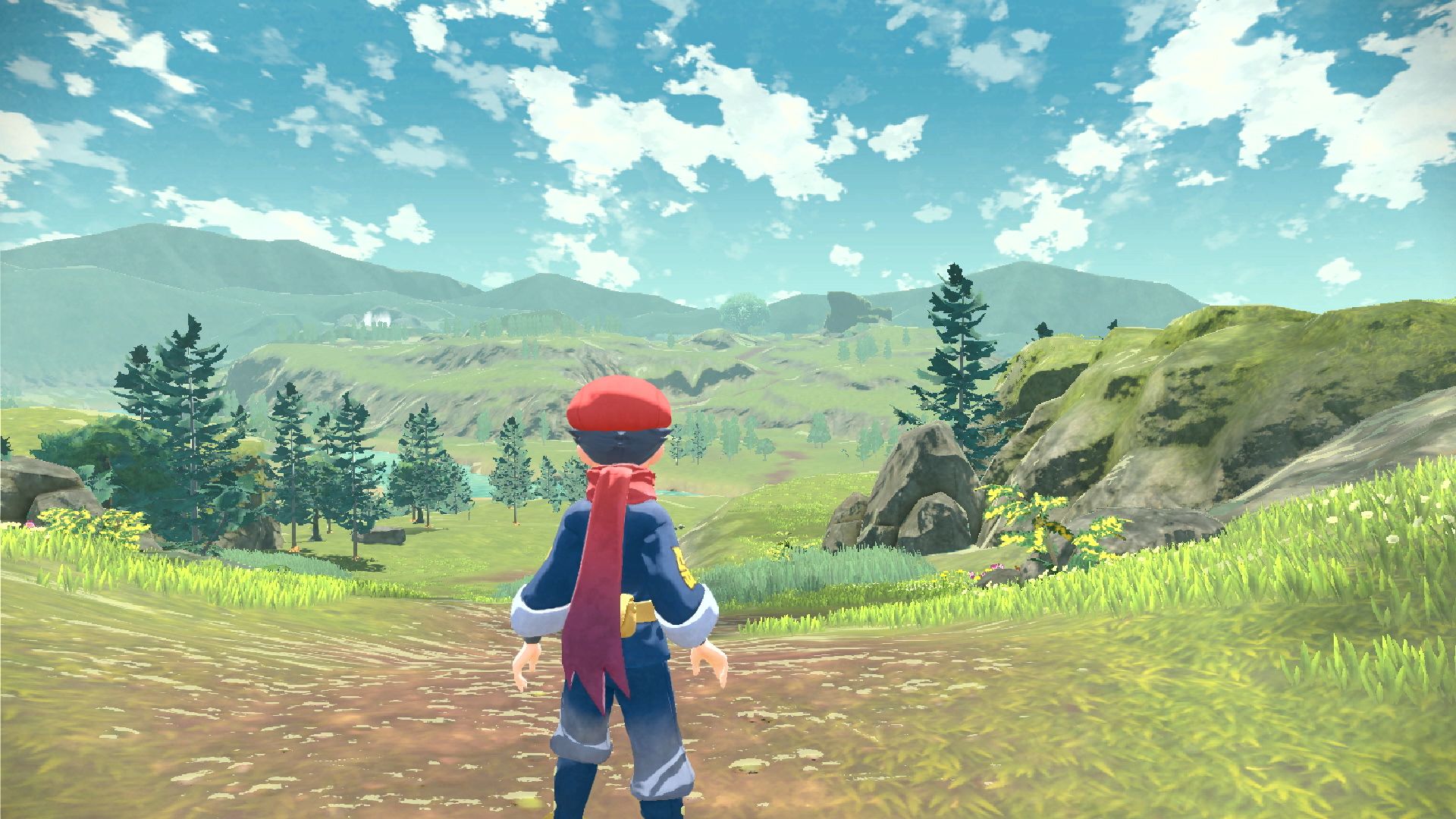
"Many aspects of Pokemon Legends: Arceus seem drawn from Breath of the Wild's wellspring"
However, if there was any title that seemed to take an obvious cue from Breath of the Wild, it was from one of the most reliably traditional series in gaming: Pokémon Legends: Arceus. Pokémon's move to the modern definition of "open world" had been all but inevitable, but many aspects of Legends: Arceus seem drawn from Breath of the Wild's wellspring.
This is especially clear with the "roughing it" sensibilities that require a player to work through obstacles while keeping on the move. Considering that Pokémon games of the past typically stuck to a pace that was dictated by the player, this made for a very refreshing title and likely Pokémon's best in nearly a decade.
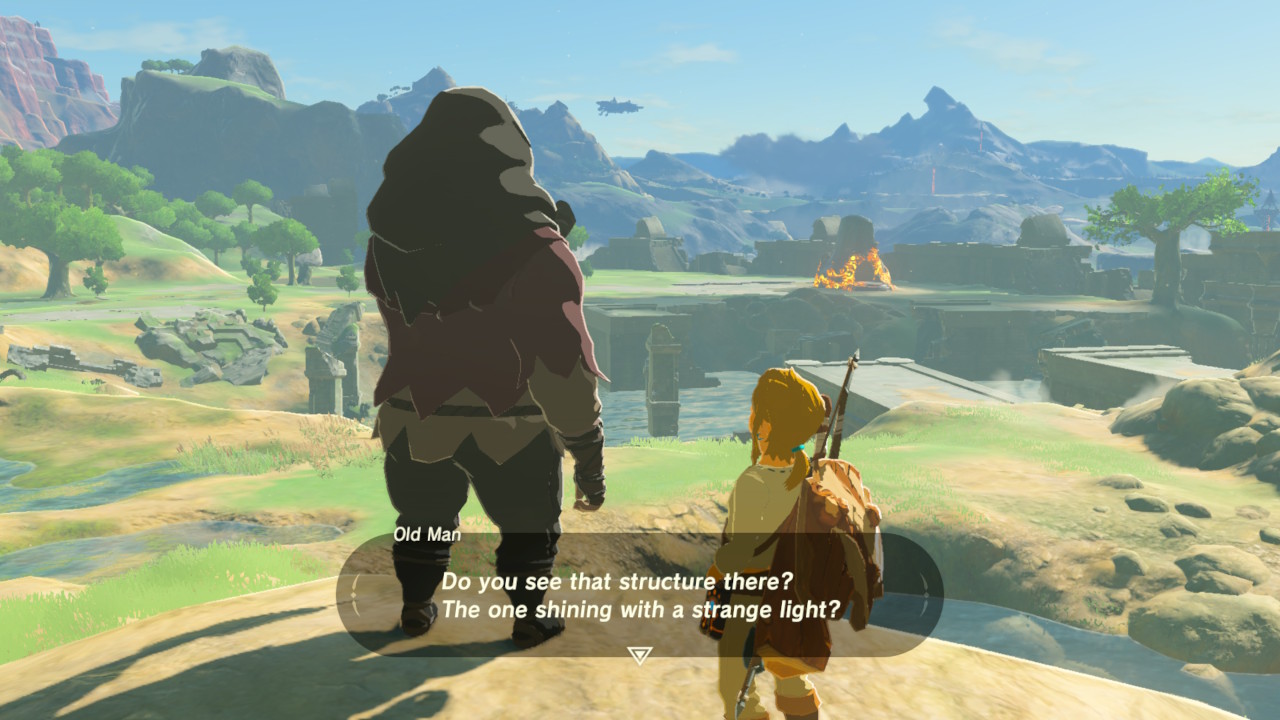
In the eight years since its release, esteem for Breath of the Wild has only grown. Though it wasn't the only open world game from that time period to make an impact (games like The Witcher 3 and Red Dead Redemption 2 were also huge hits), it is Breath of the Wild that feels like it's seeped into the broader medium the most.
It reframed our relationship with the objectives of open world games in a way that's immediately obvious, all while still feeling very much The Legend of Zelda. And though, again, the Nintendo Switch would never have the pure processing power of other modern systems, Breath of the Wild proved that a developer need not feel limited by that fact. Instead, like many of the sequences in Breath of the Wild, it was an invitation to try something new. A challenge.
With the Nintendo Switch 2 on the way, it's a pretty safe assumption that we'll not just get new main series The Legend of Zelda games, but perhaps dozens of other titles that can trace their roots back to Breath of the Wild. After all, it helped make a Nintendo Switch 2 even possible, as the game was so foundational in the turning of the original Switch into a worldwide phenomenon. What remains up in the air, though, is if we'll ever get a game as forward-looking as Breath of the Wild again, one that wasn't just interested in continuing the The Legend of the Zelda brand but in reinventing how we fall in love with it.
Need another adventure? Check out our best Zelda games ranking!
Daniel Dockery is a writer for places like Crunchyroll, Polygon, Vulture, WIRED and Paste Magazine. His debut book, Monster Kids: How Pokemon Taught A Generation To Catch Them All, is available wherever books are sold.
You must confirm your public display name before commenting
Please logout and then login again, you will then be prompted to enter your display name.

